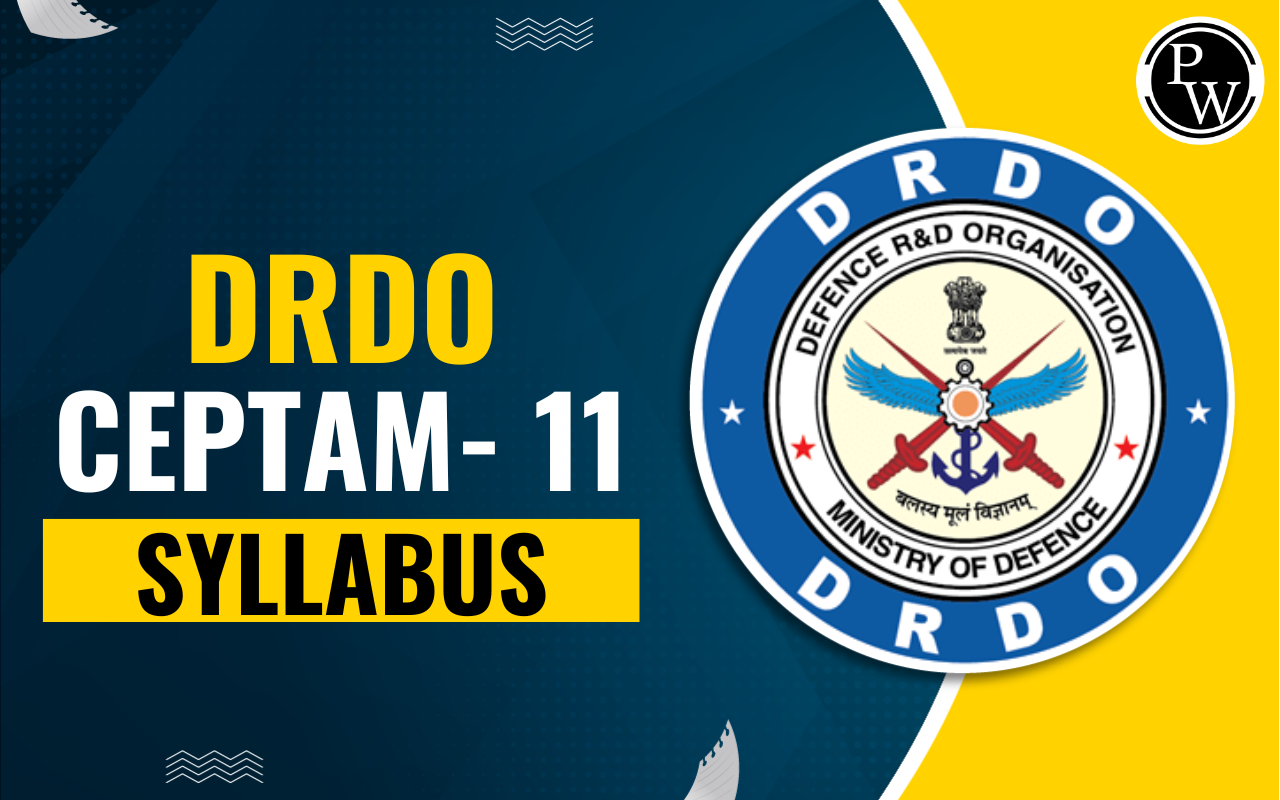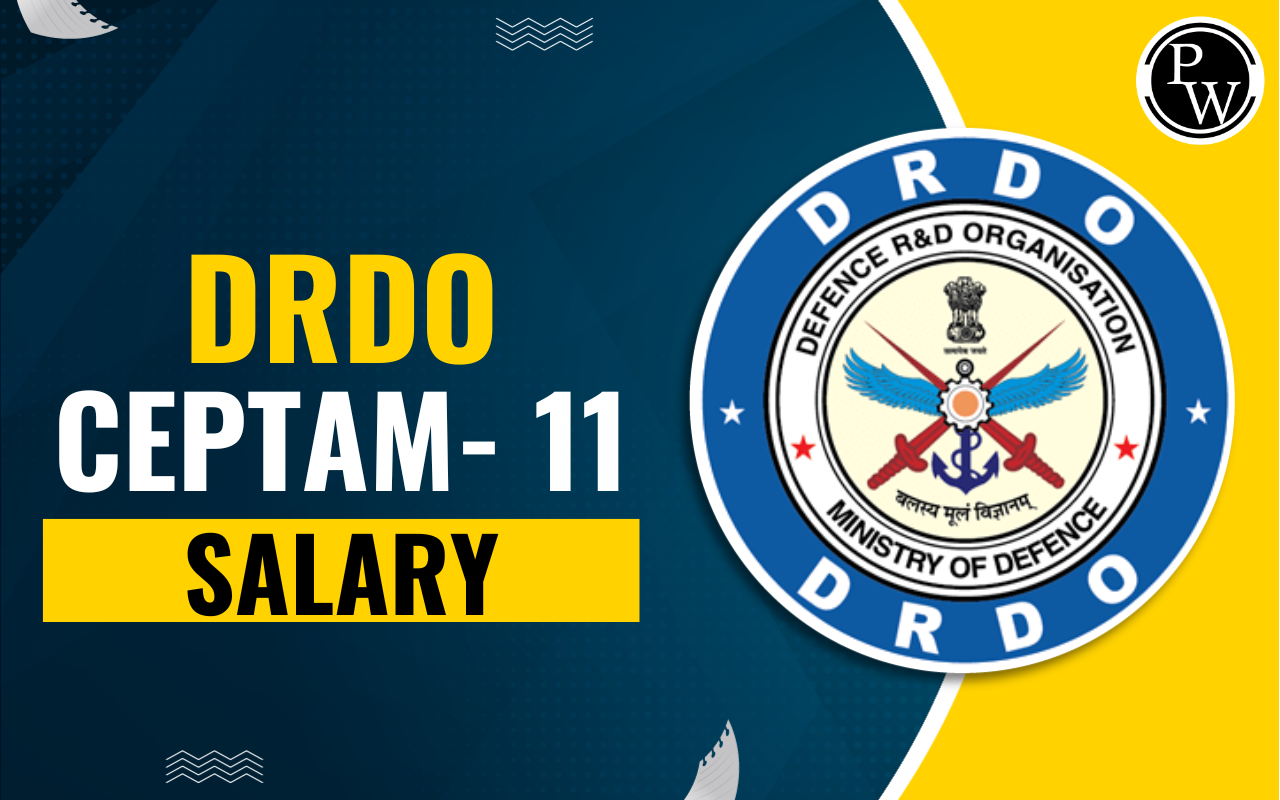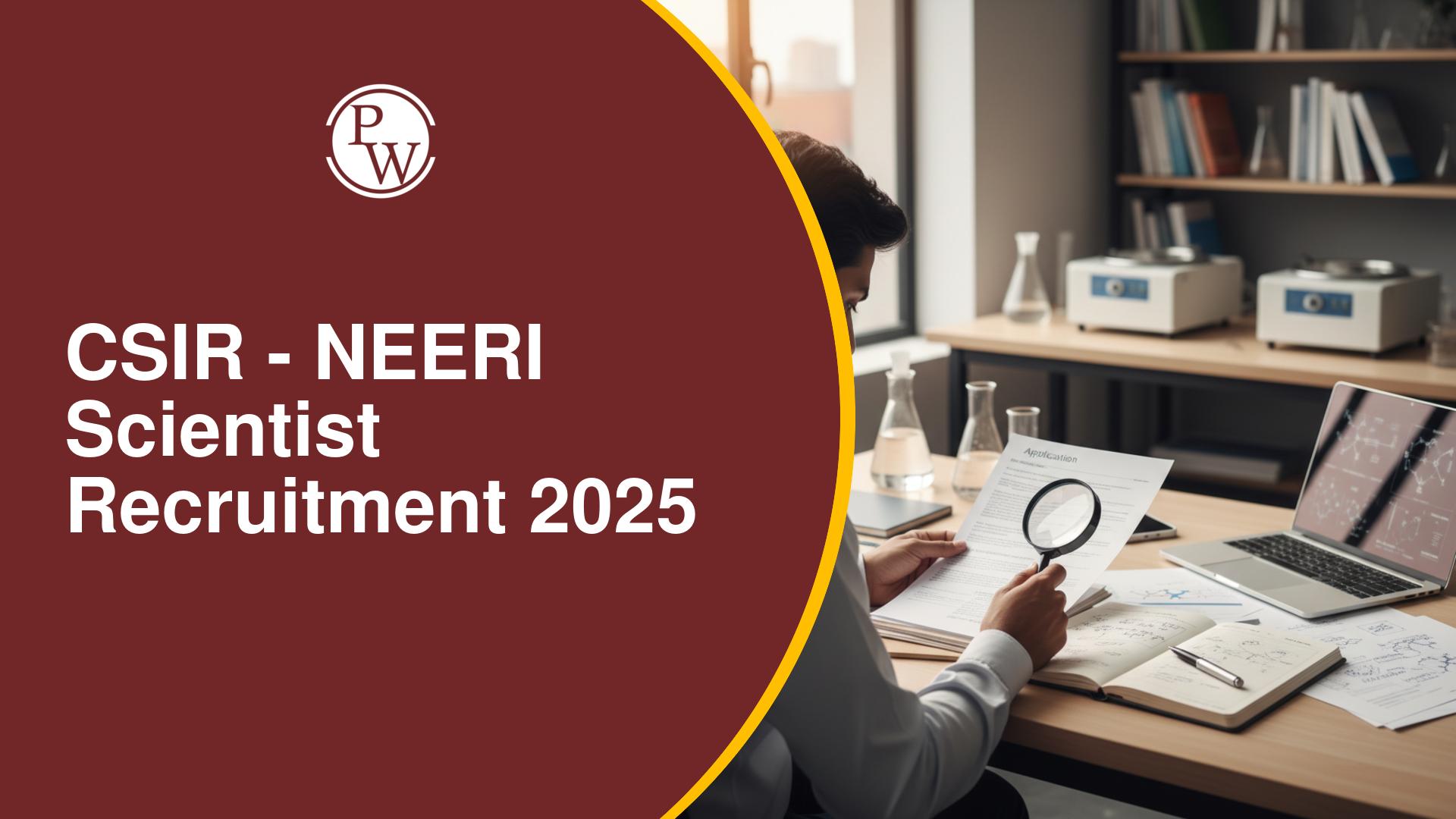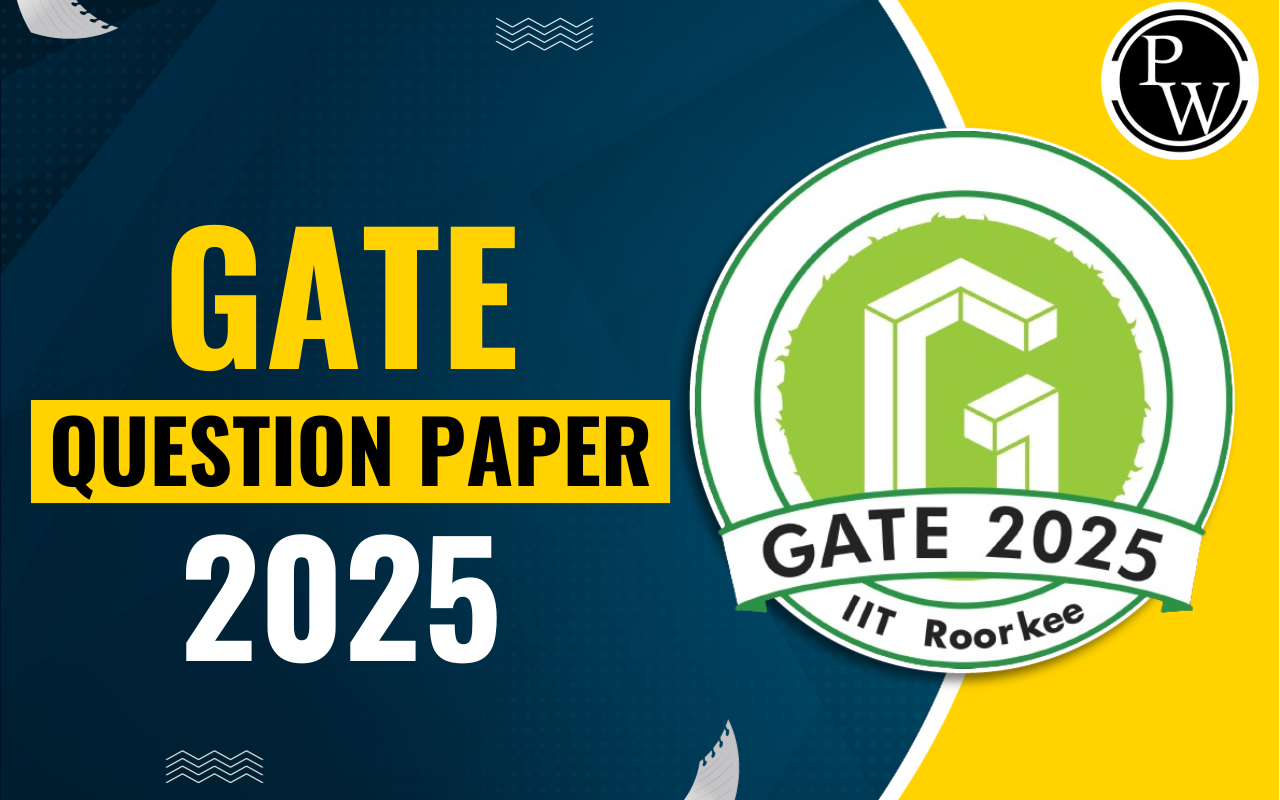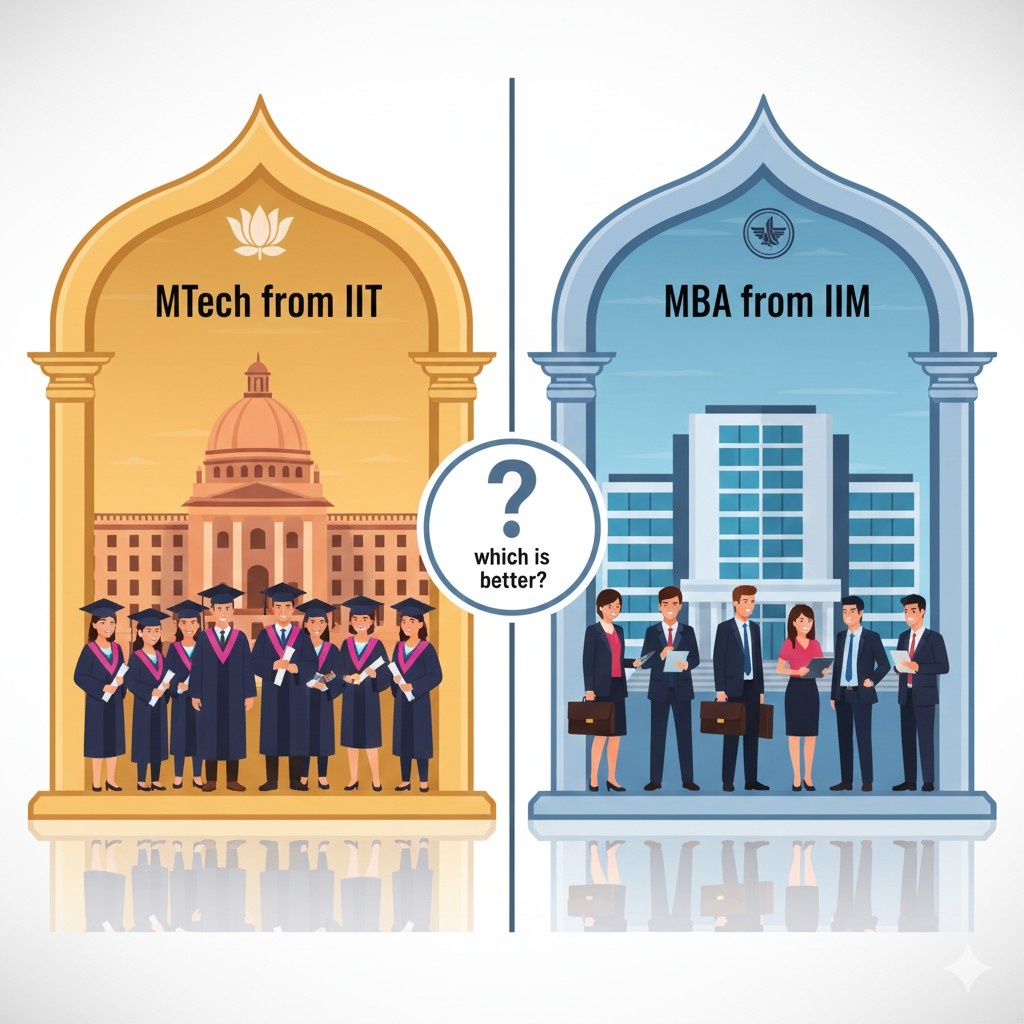
Instrumentation Engineering Subjects: Instrumentation Engineering is a specialized branch of engineering that focuses on the design, development, and maintenance of instruments and control systems used in a variety of industries. Students interested in a career in instrumentation engineering can enroll in B.Tech and M.Tech programs.
It is essential for applicants to have a deeper understanding of instrumentation engineering subjects in order to be well-equipped to address the challenges and needs of these programs. Instrumentation engineering subjects primarily include mathematics, physics, and chemistry, as well as computer programming with C, among others. Continue reading to discover semester-wise instrumentation engineering subjects for B.Tech. and M.Tech. Courses.Instrumentation Engineering Subjects
The instrumentation engineering subjects for B.Tech. are grouped into eight semesters, whereas for M.Tech., the subjects are divided into four semesters. This is done to make the overall curriculum easy to comprehend for students. Some of the core subjects of instrumentation engineering are electrical and electronic measurements, control systems and process control, analytical, Optical and biomedical instrumentation, and the basics of circuits and measurement systems, among others.What is Instrumentation Engineering?
Instrumentation engineering is a branch of engineering that focuses on the design, development, and maintenance of instruments and control systems used in a wide range of sectors. Interdisciplinary principles from electrical engineering, electronics, computer science, and mechanical engineering are used in the discipline. Instrumentation engineers are essential in a variety of industries, including manufacturing, petrochemicals, healthcare, and environmental monitoring. They help to design and maintain technologies that improve precision, control, and automation in industrial processes.| Instrumentation Engineering Highlights | |
| Particulars | Details |
| Offered Courses | Undergraduate (UG), Post graduate (PG), and Doctoral Level (PhD) |
| Admission Procedure | Entrance exams and academic qualifications |
| Duration of the Program | Undergraduate Program- 4 years Postgraduate Program – 2 years |
| Average Course Fee | INR 2,400 to INR 4.23 L (Approximately) |
| Average Salary | Approximately INR 4 LPA to INR 19 LPA |
| Top Recruiters | GAIL ( Gas Authority of India Limited), SAIL ( Steel Authority of India Limited), BHEL ( Bharat Heavy Electricals Limited), and IOCL ( Indian Oil Corporation Limited) |
| Career Scope | Instrumentation Engineer, Testing and Quality Maintenance Engineer, Instrumentation and Control Engineer, Automation Engineer, Testing and Quality Maintenance Engineer, Educator, etc. |
Instrumentation Engineering Subjects for B.Tech
The B.Tech Instrumentation Engineering is a four-year undergraduate program that primarily focuses on adding sensors to systems equipped with recorders, transmitters, displays, or control systems. Instrumentation engineering subjects for B.Tech include adding sensors to systems equipped with recorders, transmitters, displays, or control systems. The Instrumentation Engineering syllabus is designed to provide a comprehensive understanding of the design and controls of automated systems. Let’s have a look at the semester-wise instrumentation engineering subjects for B.Tech.Instrumentation Engineering Subjects for B.Tech Semester Wise
The four-year bachelor’s of technology course is divided into eight semesters, including subjects like Physics, Chemistry, Mathematics, Material Sciences, and Biomedical Engineering, among others. The detailed semester-wise Instrumentation Engineering subjects are outlined below.|
Instrumentation Engineering Subjects for B.Tech- Semester Wise |
|
| Semester I | Semester II |
| Mathematics 1 and 2 | Mathematics 3 |
| Physics | Chemistry |
| Engineering Graphics | Computer Programming with C |
| Workshop and lab | Elective |
| Semester III | Semester IV |
| Mathematics 4 | Environmental Science and Engineering |
| Material Science | Electrical Measurements and Measuring Instruments |
| Strength of materials | Operational Amplifiers & Linear IC Applications |
| Sensors and Transducers | Signals and systems |
| Electronics lab | Industrial and Electronic Instrumentation |
| Semester V | Semester VI |
| Control Systems | Digital Signal Processing |
| Microprocessors and Microcontrollers | Process Control and Control Components |
| Industrial Electronics | Electives 2 and 3 |
| Analytical Instrumentation | Open Elective |
| Advanced Sensors | Microprocessor Lab |
| Elective 1 | Virtual Instrumentation lab |
| Semester VII | Semester VIII |
| Electives 4 and 5 | Elective 6 |
| Open elective | Open elective |
| Biomedical Instrumentation | Project |
| Biomedical Instrumentation lab | DCS and PLC lab |
| Project | - |
Instrumentation Engineering Subjects for M.Tech
Instrumentation engineering is a two-year postgraduate program students can pursue after completing their bachelor's degree. The primary instrumentation engineering subjects are mainly related to concepts like electronics instrumentation and measurements of flow, level, temperature, and pressure, among others. Students who wish to pursue a master's degree in instrumentation engineering from IITs, NITs, etc., generally appear for highly competitive entrance exams such as GATE (Graduate Aptitude Test in Engineering) and various other state-wise examinations like TANCET (Tamil Nadu Common Entrance Test), etc.Instrumentation Engineering Subjects for M.Tech Semester Wise
There are a total of four semesters in the Instrumentation Engineering M.Tech program. Among many others, Advanced Mathematical Techniques, Detection and Estimation, Process Control and Instrumentation, and Advanced Control Theory are a few instrumentation engineering subjects for M.Tech. To check the complete list of instrumentation engineering subjects for M.Tech, refer to the table highlighted below.|
Instrumentation Engineering Subjects for M.Tech- Semester Wise |
|
| Semester I | Semester II |
| Advanced Mathematical Techniques | Advanced Control Theory |
| Linear Control Theory | Process control and Instrumentation |
| Modeling and Simulation of Dynamic Systems | Digital Control Systems |
| Transducer Technology | Control System Laboratory II |
| Control System Laboratory I | Instrumentation Laboratory II |
| Instrumentation Laboratory I | Semester III |
| Detection and Estimation | Remote Sensing and Control |
| Microwave circuits | Robotics |
| Elective I | Reliability and Safety Engineering |
| Elective II | Artificial Engineering |
| Semester IV | |
| Project | |
Instrumentation Engineering Subjects for GATE Exam
Aspirants studying for the GATE (Graduate Aptitude Test in Engineering) often seek instrumentation engineering subjects while preparing for the examination. Therefore, to help those, this section covers the significant instrumentation engineering subjects for the GATE exam preparations. The GATE 2024 Instrumentation Engineering test will be held on February 3, 4, 10, and 11 of the upcoming academic year. Look at the GATE instrumentation engineering syllabus announced by the exam conducting authority, IISc, Bengaluru, outlined in the table below.Instrumentation Engineering Subjects for GATE
The Instrumentation Engineering subjects for the GATE 2024 IN examination include Engineering Mathematics, Electricity and Magnetism, Signals and Systems, Analog Electronics and others. The GATE exam aims to assess students' knowledge in their core subjects; therefore, in order to score well, students must be well informed about the instrumentation engineering subjects from their bachelor's or master’s coursework.|
GATE Instrumentation Engineering Subjects |
|
| Section 1: Engineering Mathematics | |
| Linear Algebra |
|
| Calculus |
|
| Differential Equations |
|
| Analysis of Complex Variables |
|
| Probability and Statistics |
|
| Numerical Methods |
|
| Section 2: Electricity and Magnetism | |
|
|
| Section 3: Electrical Circuits and Machines | |
| Voltage and Current Sources |
|
| V-I Relationships and Transient Analysis |
|
| Circuit Analysis Techniques |
|
| AC Circuit Analysis |
|
| Network Theory |
|
| Transformers and Induction Motors |
|
| Section 4: Signals and Systems | |
| Signals |
|
| Transforms |
|
| Linear Time-Invariant Systems |
|
| Convolution and Correlation |
|
| Discrete-Time Systems |
|
| DFT (Discrete Fourier Transform) and Fast Fourier Transform (FFT) |
|
| Section 5: Control Systems | |
| Design of Compensators |
|
| Control System Design Techniques |
|
| Section 6: Analog Electronics | |
| Applications of Op-Amps |
|
| Diode |
|
| Zener Diode |
|
| Bipolar Junction Transistor (BJT) |
|
| Section 7: Digital Electronics | |
|
|
| Section 8: Measurements | |
|
|
| SI Units and Standards |
|
| Expression of Uncertainty |
|
| Measurement Bridges |
|
| Section 9: Communication and Optical Instrumentation | |
| Analog Modulation and Demodulation |
|
| Digital Modulation Techniques |
|
| Optical Sources and Detectors |
|
| Section 10: Sensors and Industrial Instrumentation | |
|
|
Instrumentation Engineering Subjects Book
Incorporating the best and most comprehensive Instrumentation Engineering Subjects book helps cover the essential topics thoroughly, ensuring a well-rounded understanding of the concepts. Check out some of the best books to effectively cover instrumentation engineering subjects for entrance exams like GATE.| Best Instrumentation Engineering Subjects Books | |
| Subject Name | Book Name and Authors |
| Network Theory | Engineering Circuit Analysis by Steven M. Durbin, Jack E. Kemmerly, and William H. Hayt |
| Analog Electronics | Fundamentals of Microelectronics, by Behzad Razavi GATE - Electronics and Communication (Analog Circuits, Volume 5 of 10) by R K Kanodia |
| Digital Electronics | Solved previous year questions from EC and IN streams |
| Control System | Automatic Control Systems by B.C. Kuo |
| Signals and Systems | Signals And Systems (Schaum’s Outline Series) by HP HSU Signals and Systems by Alan V. Oppenheim |
| Communication Systems | Modern Digital and Analog Communication System by B P Lathi |
| Process Control | Process Control: Modeling, Design, And Simulation by B. Wayne Bequette |
| Transducers | Introduction to Measurements and Instrumentation by Arun K Ghosh |
| Electrical and Electronic Measurements | A Course In Electrical And Electronic Measurements And Instrumentation by A K Sawhney |
Instrumentation Engineering Subjects FAQs
What are the instrumentation engineering subjects?
The instrumentation engineering subjects are based on electricity and magnetism, electrical circuits and machines, signals and systems, control systems, digital electronics, sensors, industrial instrumentation, and more.
Are instrumentation engineering subjects tough to study?
While the complexity of instrumentation engineering subjects depends upon the student's overall understanding of the subject, they are relatively tough to study as they require the student's notional thinking.
What are the instrumentation engineering subjects for M.Tech?
The instrumentation engineering subjects for M.Tech are mainly related to instrumentation, control systems, sensors, and measurement techniques. Read the article above for a detailed overview of the subjects.
Is a career in instrumentation engineering good for girls?
Yes, certainly. No field has a gender barrier if students prepare consistently and diligently. Instrumentation engineering is a popular engineering branch in India with enough job possibilities.
🔥 Trending Blogs
Talk to a counsellorHave doubts? Our support team will be happy to assist you!

Check out these Related Articles
Free Learning Resources
PW Books
Notes (Class 10-12)
PW Study Materials
Notes (Class 6-9)
Ncert Solutions
Govt Exams
Class 6th to 12th Online Courses
Govt Job Exams Courses
UPSC Coaching
Defence Exam Coaching
Gate Exam Coaching
Other Exams
Know about Physics Wallah
Physics Wallah is an Indian edtech platform that provides accessible & comprehensive learning experiences to students from Class 6th to postgraduate level. We also provide extensive NCERT solutions, sample paper, NEET, JEE Mains, BITSAT previous year papers & more such resources to students. Physics Wallah also caters to over 3.5 million registered students and over 78 lakh+ Youtube subscribers with 4.8 rating on its app.
We Stand Out because
We provide students with intensive courses with India’s qualified & experienced faculties & mentors. PW strives to make the learning experience comprehensive and accessible for students of all sections of society. We believe in empowering every single student who couldn't dream of a good career in engineering and medical field earlier.
Our Key Focus Areas
Physics Wallah's main focus is to make the learning experience as economical as possible for all students. With our affordable courses like Lakshya, Udaan and Arjuna and many others, we have been able to provide a platform for lakhs of aspirants. From providing Chemistry, Maths, Physics formula to giving e-books of eminent authors like RD Sharma, RS Aggarwal and Lakhmir Singh, PW focuses on every single student's need for preparation.
What Makes Us Different
Physics Wallah strives to develop a comprehensive pedagogical structure for students, where they get a state-of-the-art learning experience with study material and resources. Apart from catering students preparing for JEE Mains and NEET, PW also provides study material for each state board like Uttar Pradesh, Bihar, and others
Copyright © 2025 Physicswallah Limited All rights reserved.
Get App

